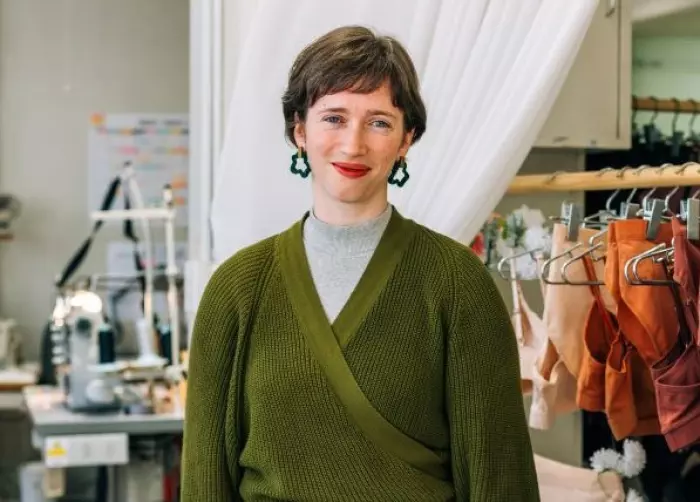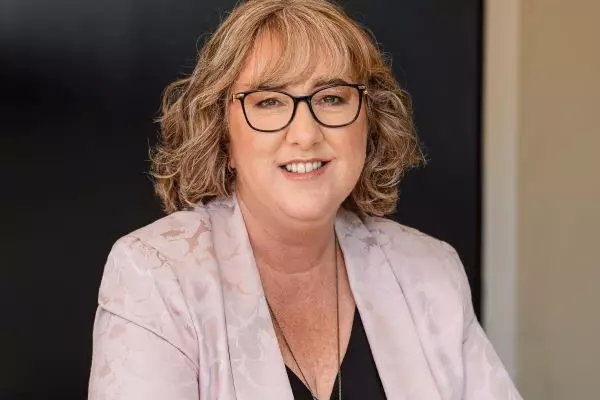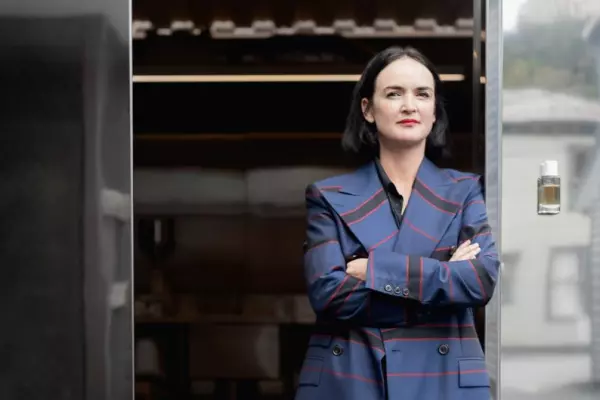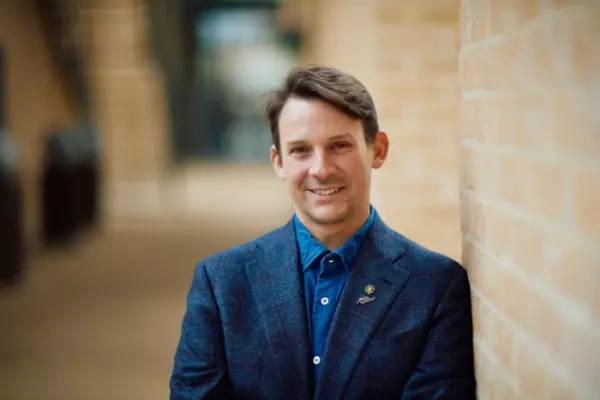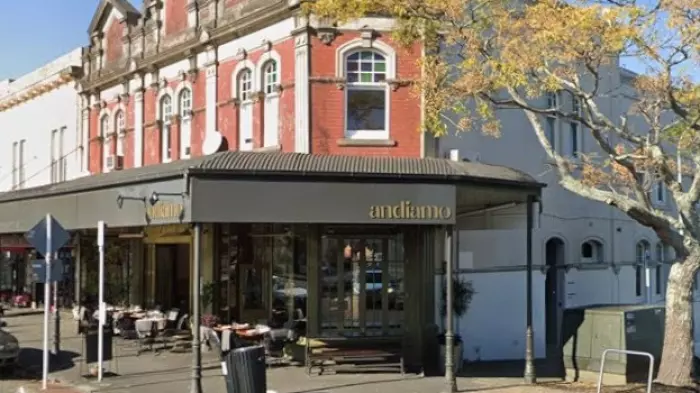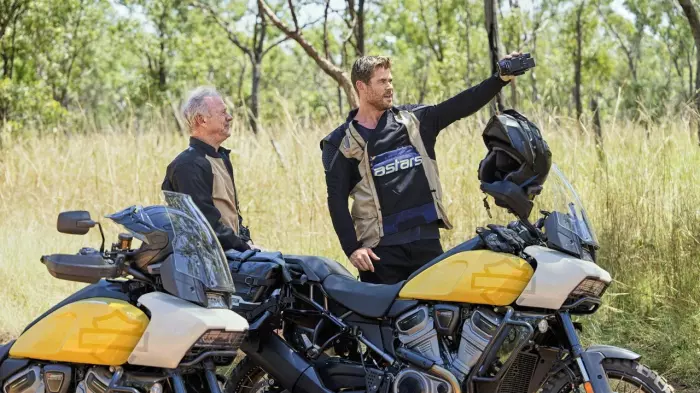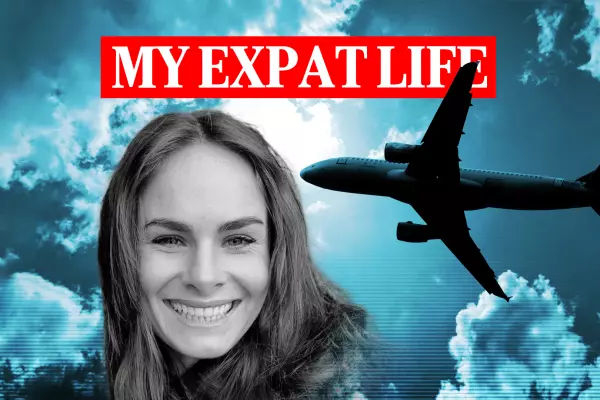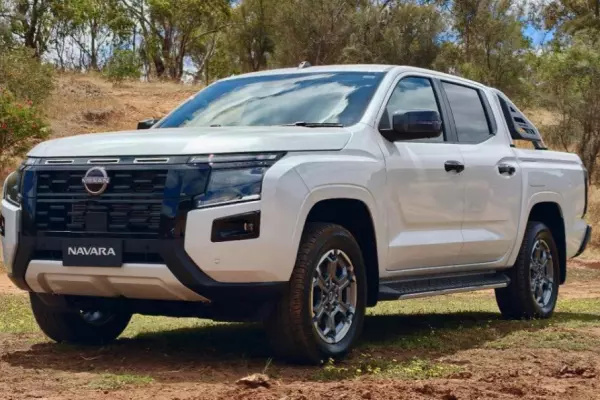In this instalment of our Talking Shop series we chat with Elisha Watson, who left her career as a litigation lawyer in 2017 to start Nisa, an ethical and sustainable underwear and clothing manufacturer which gives employment opportunities to members of Wellington’s refugee community. Watson used her own savings and a crowdfunding campaign to launch the social enterprise, which has gone on to build a large and loyal customer base.
What advice would you give to somebody who wants to crowdfund a social enterprise?
We did a crowdfunding campaign to get Nisa off the ground early in 2017, and then another one about two years ago to launch our men’s range. We also had an abortive attempt at a capital raise. I spent six months of my life preparing for the launch on April 7, 2020, which turned out to be a fortnight into lockdown. So that was pretty traumatic. I think it made me quite allergic to capital raising again. I put in all of the work and got none of the benefits. We will need to capital-raise again, though, maybe in a year's time. But I think we will try to do things a bit differently and focus on how to turn customers into owners and advocates. So I feel I have learned a few pearls of wisdom from those experiences.
The first question for people who are considering crowdfunding is whether you’re going down the project pathway pre-selling product or the equity pathway to sell shares in your business. Our first and second crowdfunds were projects. I knew that to have a successful campaign, you need to already be doing the thing that you're crowdfunding for, which creates a horrible chicken-and-egg problem. I knew that I would need photos of the team and photos of the products that people were going to be buying. I arranged our workshop, got our first staff and did our first lot of product development. So all I needed was people to order the products that we were going to then make for them to get a bit of a momentum into the business. And that worked incredibly well. With hindsight, it turned out to be very wise that I got all of the pieces into place. So my advice would be to use crowdfunding at the very final stages.
Did you have any lucky breaks along the way?
The media have played a big part in our success around crowdfunding. We were on the RNZ Kim Hill show and from that we had someone donate $10,000 towards the business – they basically bought a pair of briefs for $10,000. I used that money to buy some very fancy machinery that we're now doing all kinds of cool new product ranges with. We were also on the front of the Dominion Post for our crowdfunding campaign launch and we raised two times over our budget. That meant I could employ a production manager. I’m a smart person, but I don’t have 20 years’ experience in the garment industry, so that was huge for us, because, quite frankly, the business would have flopped very quickly without that hire.
I moved back in with my parents at the beginning of Nisa. Something I think about a lot is how people are often impressed with entrepreneurship, but there's a big piece in there about privilege and how a lot of people don't necessarily have access to the support networks that allow you to essentially go without an income for a year or two. Those are not things that I deserve, or that I have built for myself. They're things that people around me have given me.
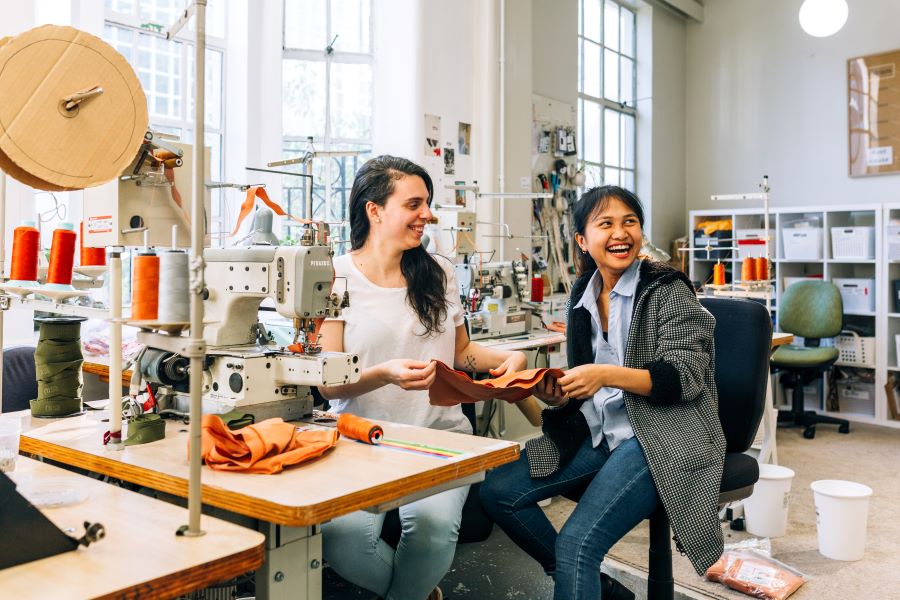 Nisa staff members Luisa and Lydia in the workroom.
Nisa staff members Luisa and Lydia in the workroom.
You’ve built a strong customer base. What are your ambitions for Nisa?
We’re working closely with New Zealand Trade & Enterprise to expand our presence in Australia. At the moment, about 15% of our orders go over the ditch. And eventually, we'd like it to equal the quantities we sell in New Zealand. Once we've got our first few million dollars under our belts in Australia, we’ll then start to look at other markets like the US and the UK. But I don’t want to spread myself too thin. I think we're best to tackle it market by market.
In the ethical-fashion market there is always this tension around market expansion: should I stay in existing markets but try to convert people who don't necessarily care about the ethical side of fashion, or do I go overseas and try to target people who are already mentally, psychologically and emotionally there? And I think our answer to that is probably to go overseas and to really try to build that.
Managing staff is always challenging. You have the additional difficulty of staff who may have suffered trauma in their lives and who may also have language barriers. How do you navigate that?
We've built this into the DNA of the company. We have a big focus on language learning and language acquisition. We've structured our production so that people always work in teams, so no one's working by themselves, no one's alone, and people are always communicating and solving challenges. We get everyone to chip in with things like customer service. So if a customer is in the store, anyone can jump up and serve them. We partner with organisations like the Red Cross to make sure that the employment experiences are meeting everyone's expectations and that no one's lost or stuck. We run life skills, including finance training. We’re going to get a dance instructor in soon because it's not just about equipping people to do the job well, but also about being happy in the workshop. A lot of our staff come from quite traditional backgrounds where women aren't given all of those skills. I have no desire to be a generic underwear manufacturer. I want our impact to be more than just providing a job and financial independence; it’s also about creating a sense of belonging and empowerment. You can’t have confidence if you feel you’re not wanted.
In hindsight, what would you have done differently in your business journey?
I sometimes fantasise about having business partners, because it is definitely hard to be doing it without one, but equally you hear a lot of horror stories. I think I would have put more effort and more thought into getting a CFO earlier on. In the meantime, I've tried to give myself a CFO skill set. That journey has been amazing and very empowering. But it took me two or three years of not knowing what I was doing to get to that point. But now we have finally put someone in that role.
On a personal level, I've gotten really good at confronting problems and issues quickly. I've almost gotten too good at it. But in the beginning, I was like, “Oh, I don't know how to deal with this. I'm just going to leave it burning in the corner.”
Transparency is a pillar of your business. You even do workshop tours for the public. Why is it important to you?
Transparency is pretty sexy, you know. Showing people what we do creates connections. From a marketing lens it's something that no other company in the fashion industry can really compete with here. Who else can let you meet the team that made your products and let you see how they're made? The vast majority of New Zealand fashion production is offshore and some of that is in pretty terrible conditions. It’s the big shame of the fashion industry, and we're doing the opposite of that, so we want to shout it from the rooftops.


